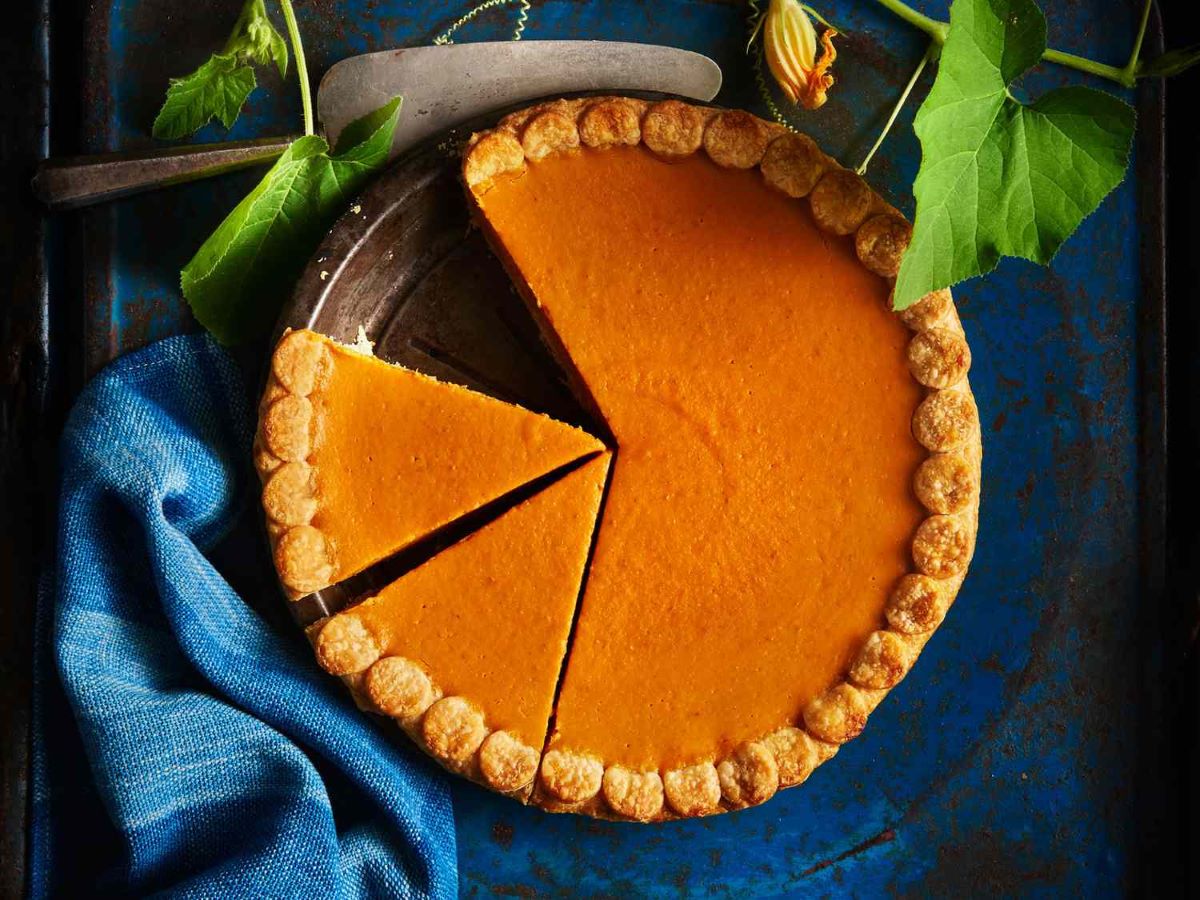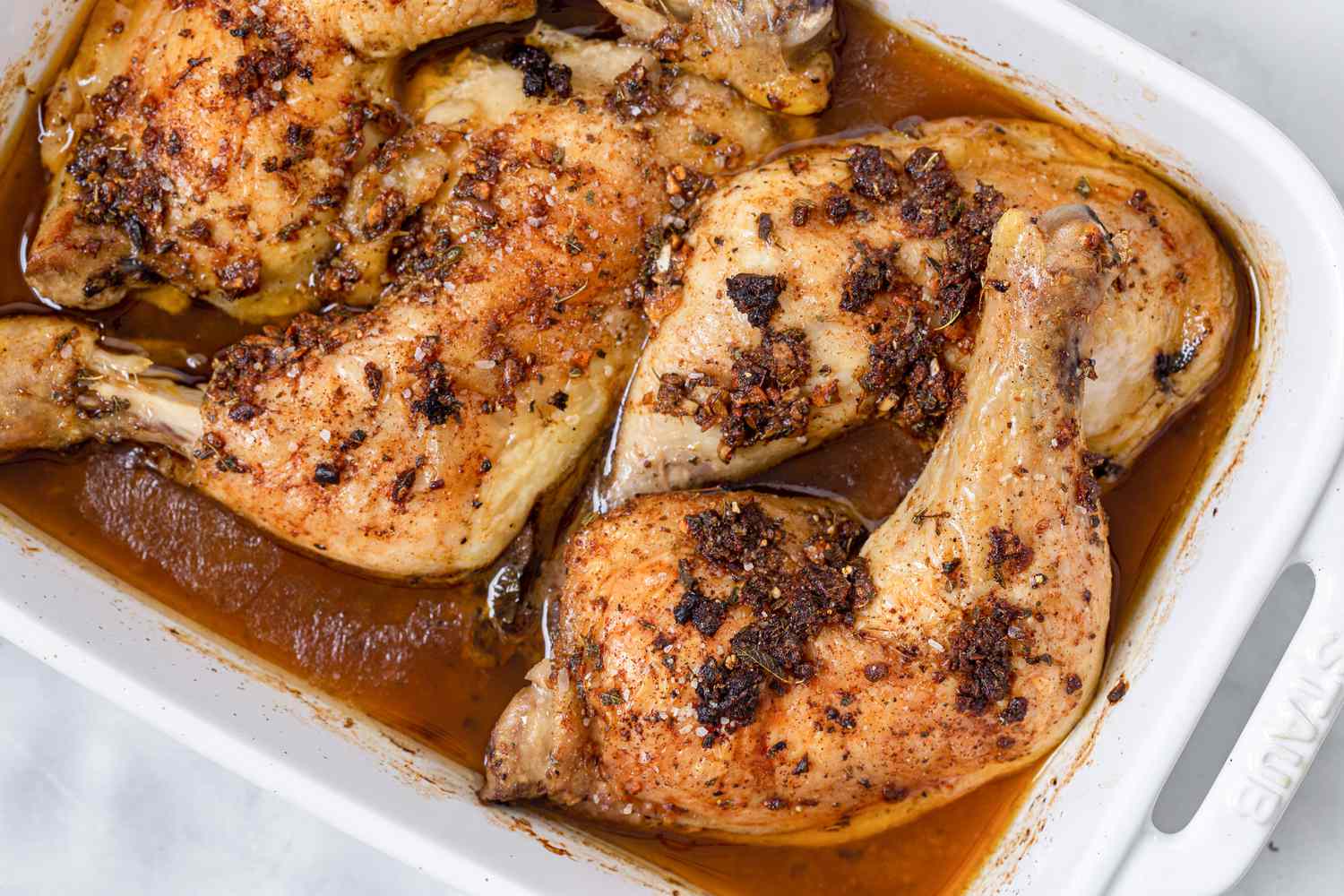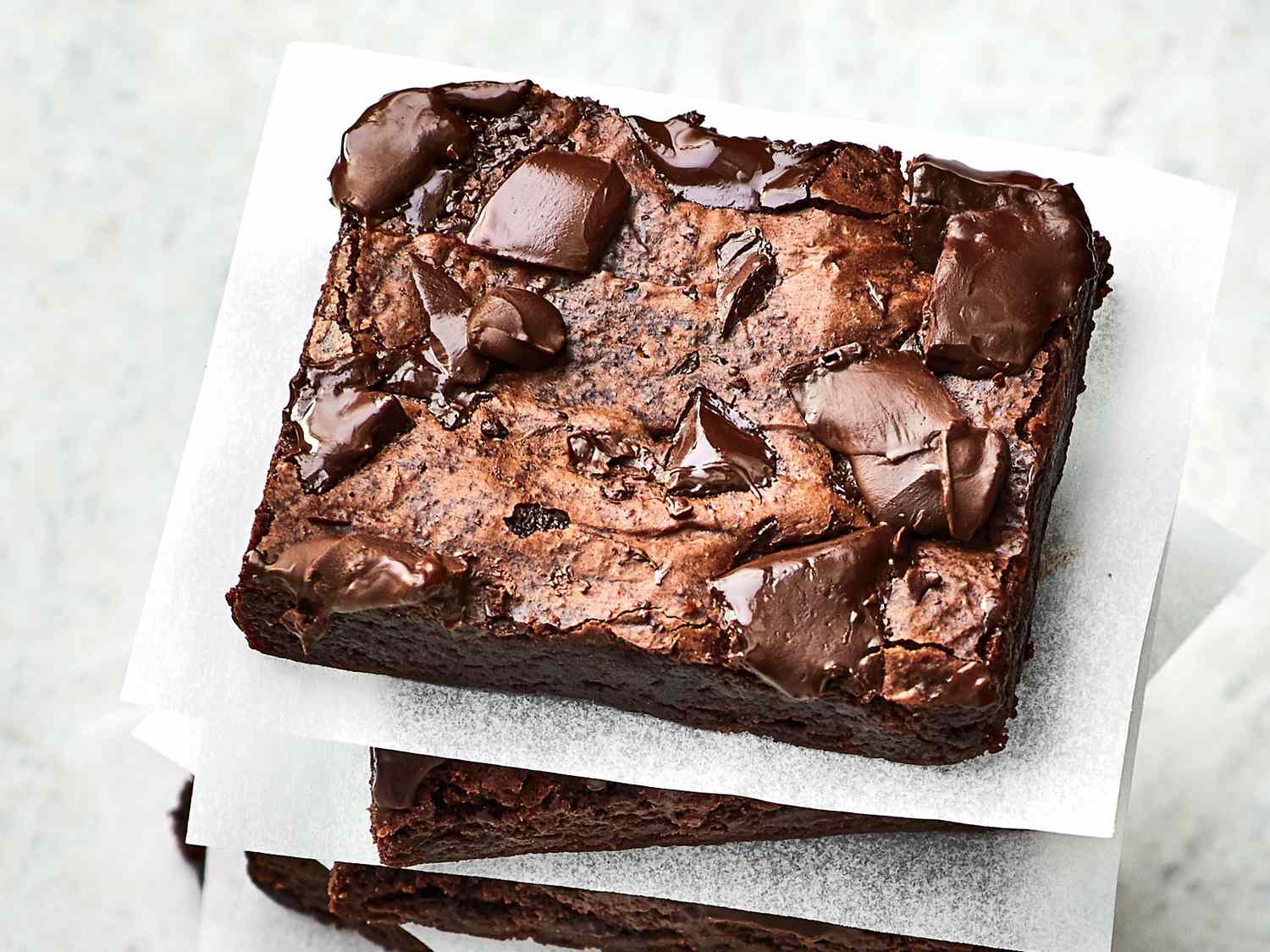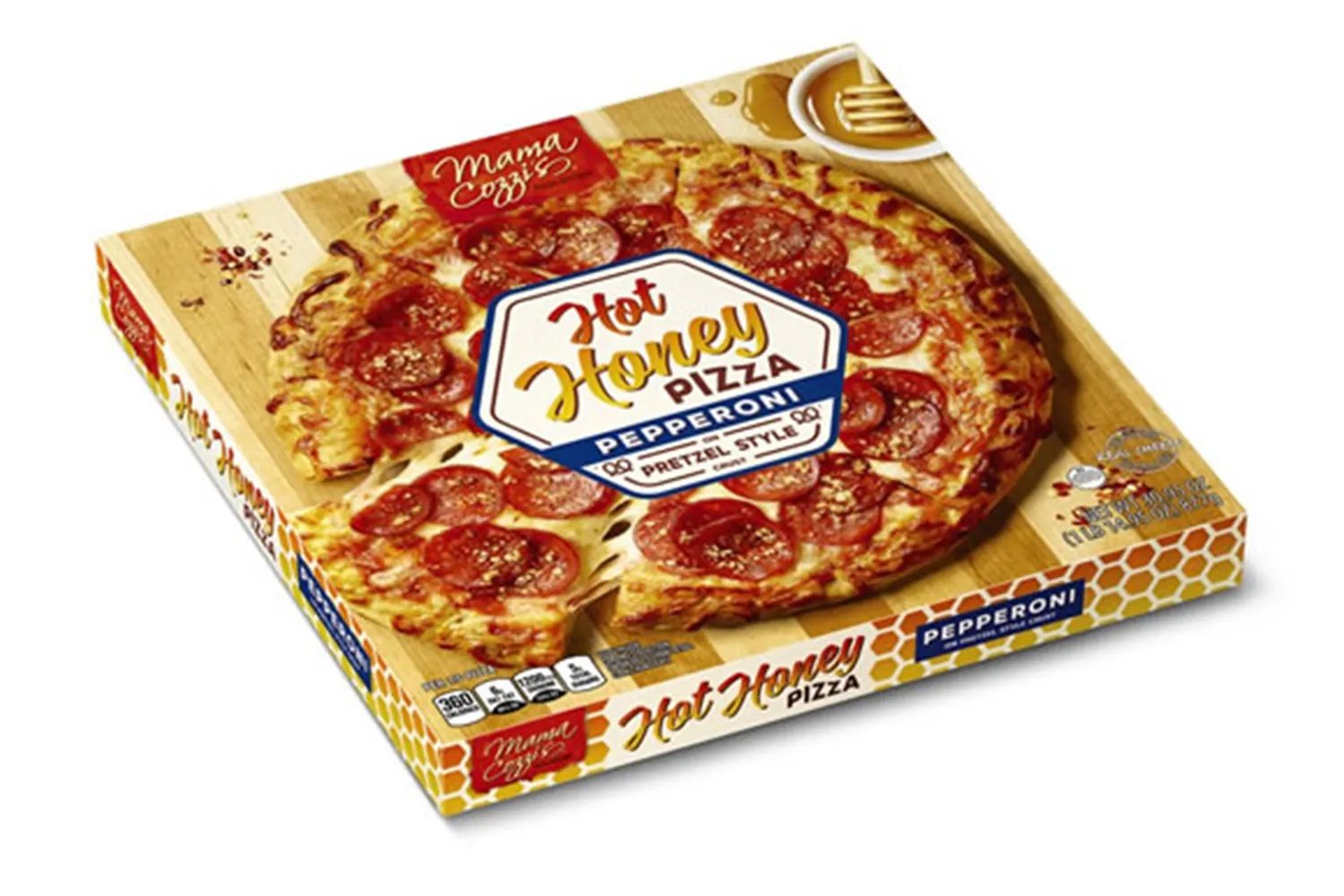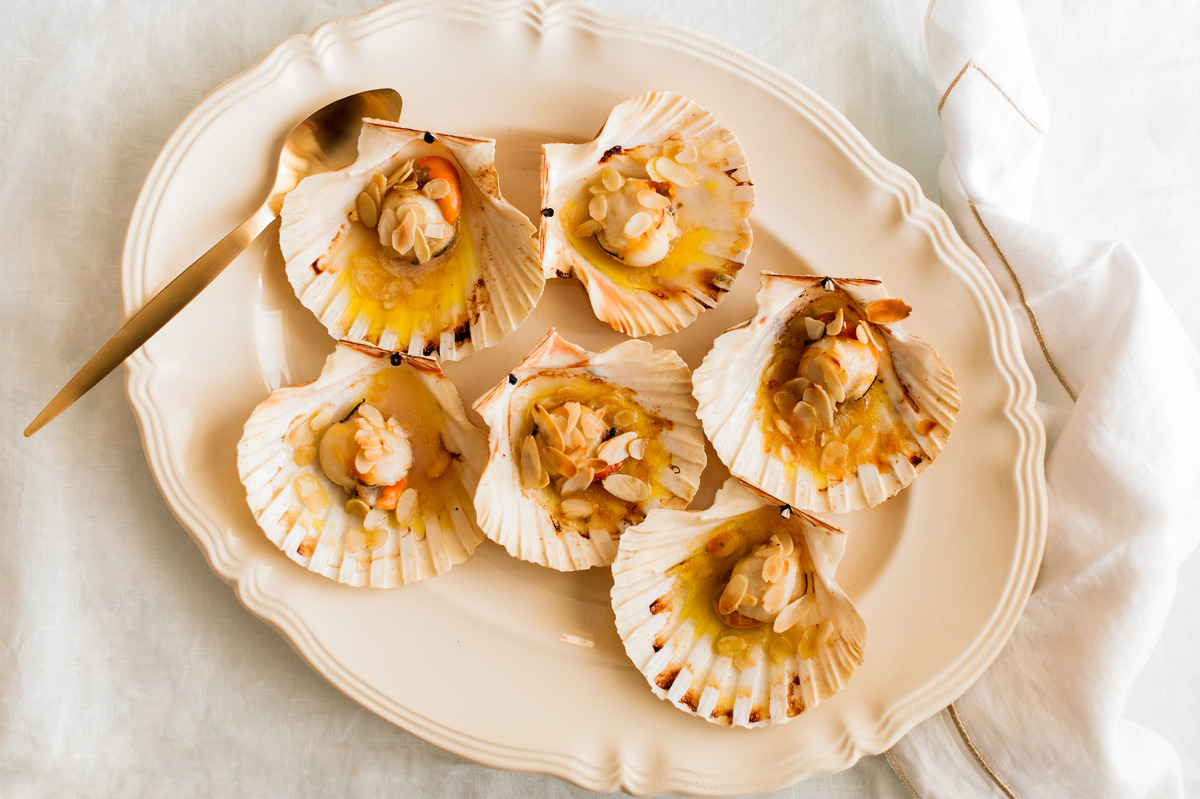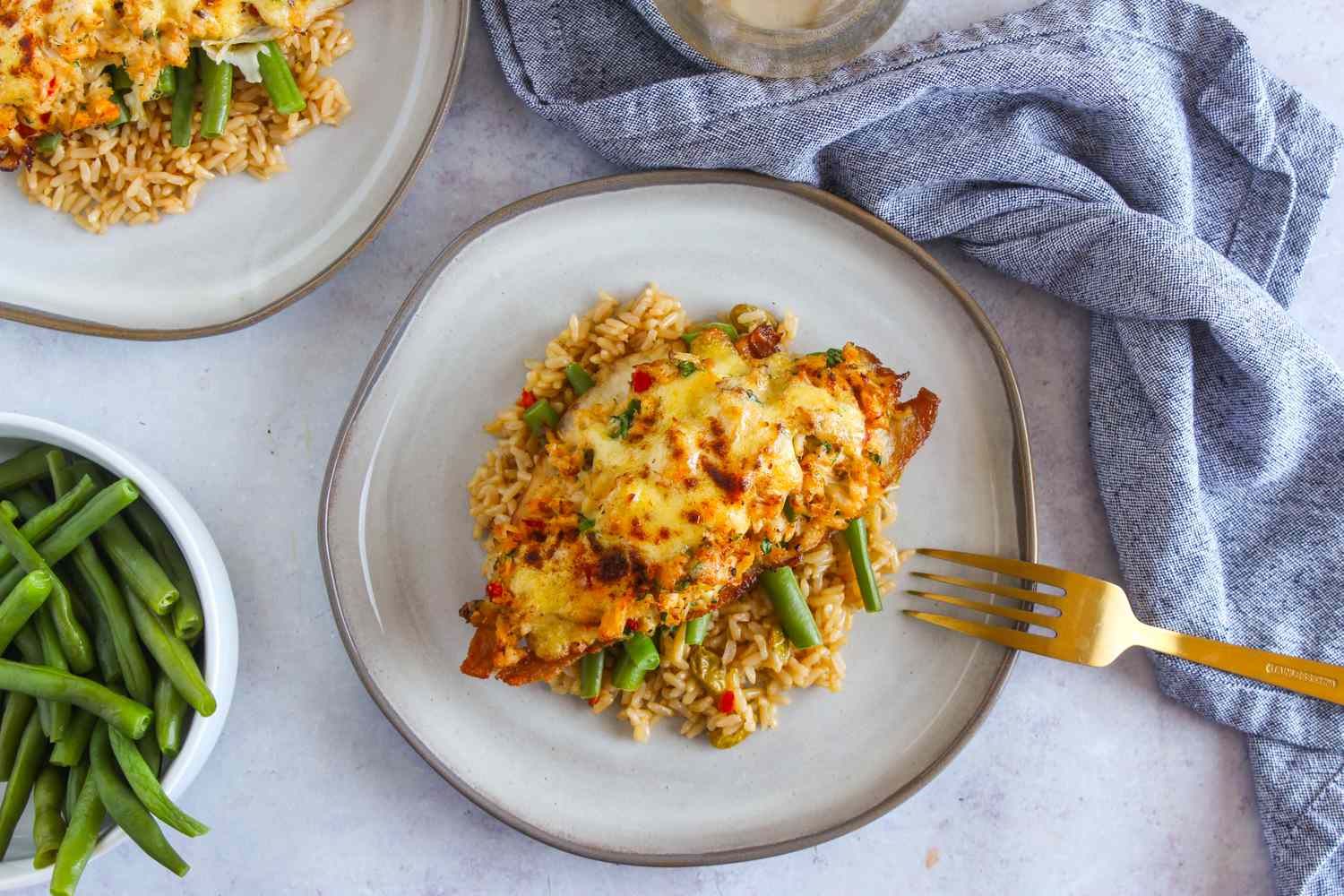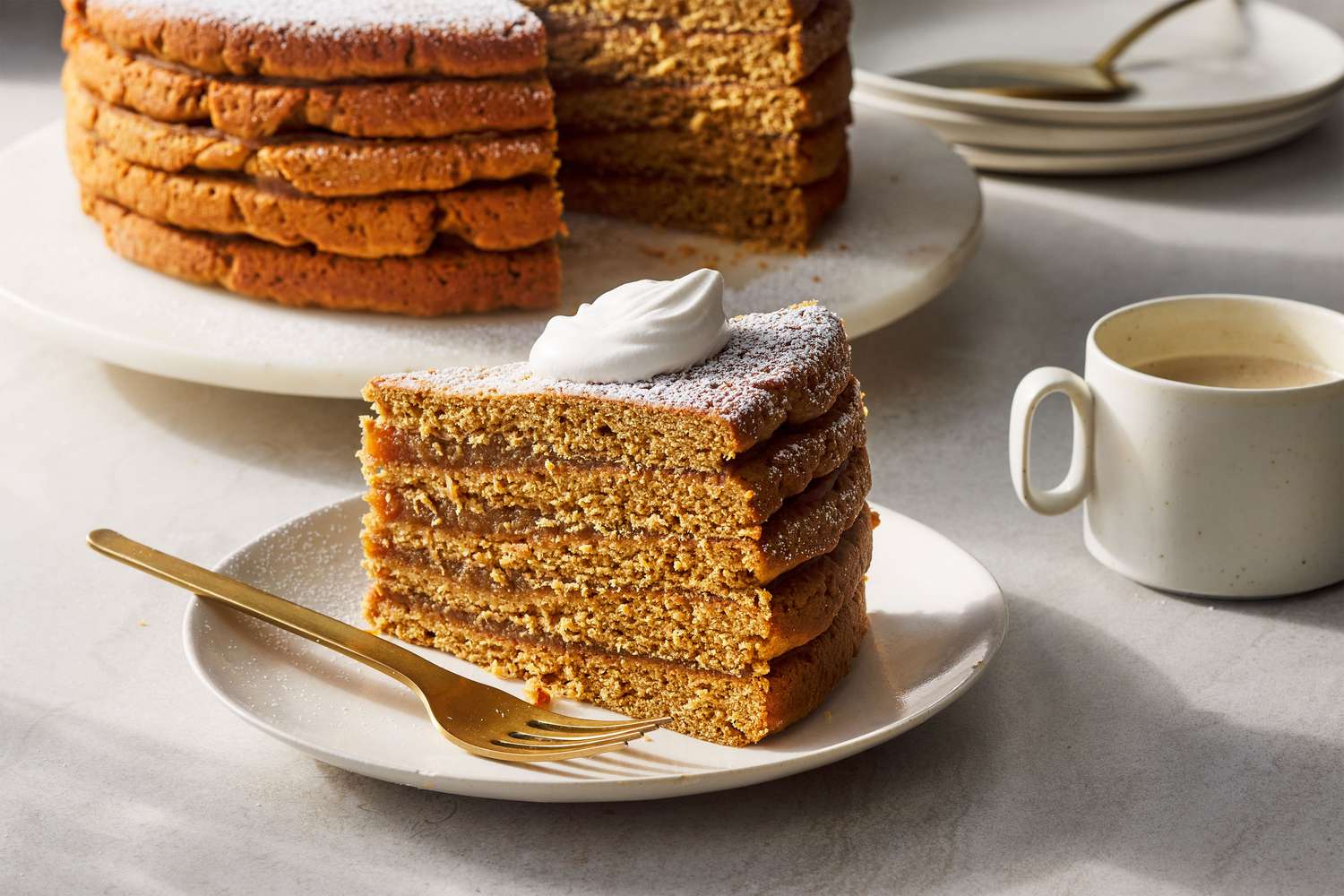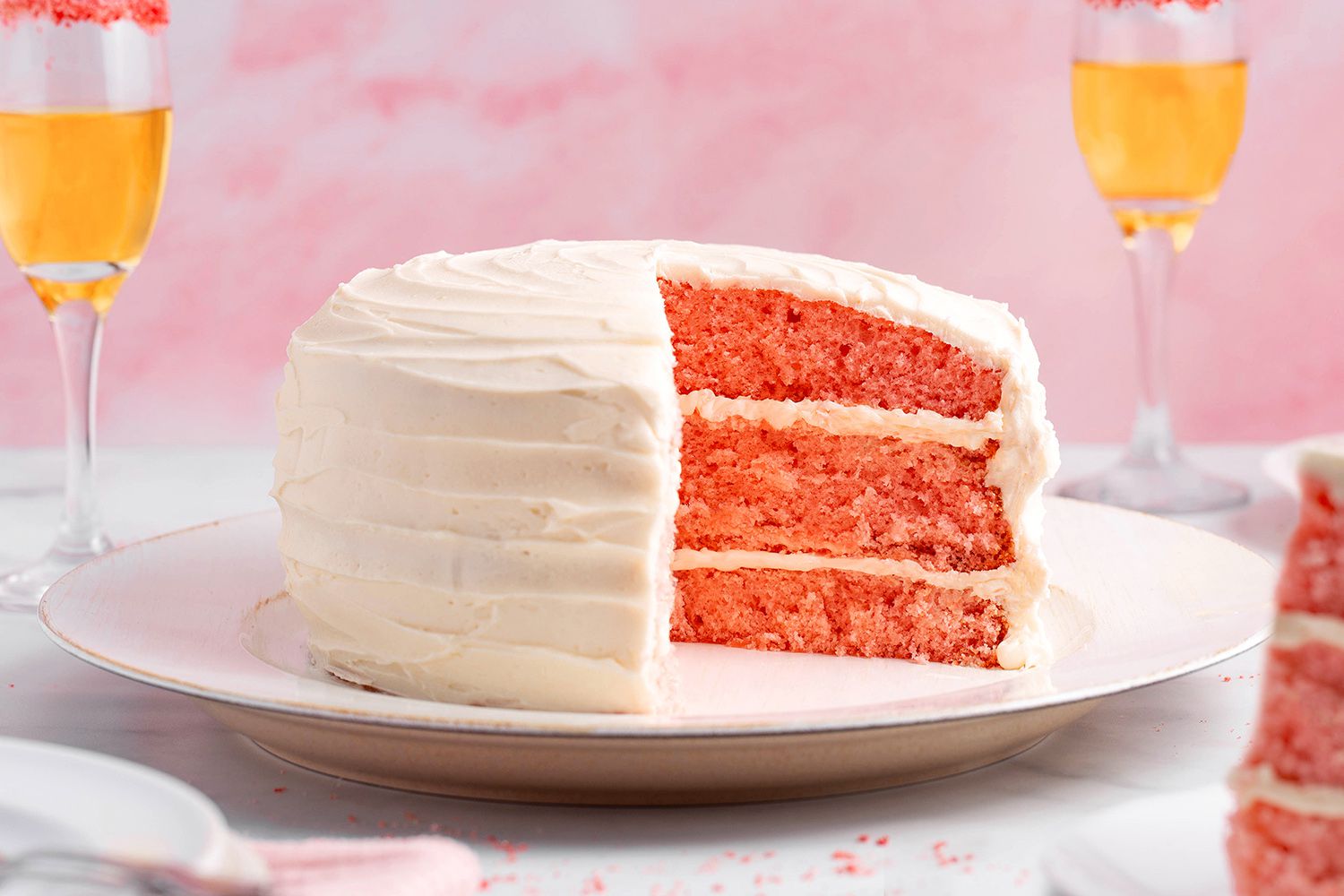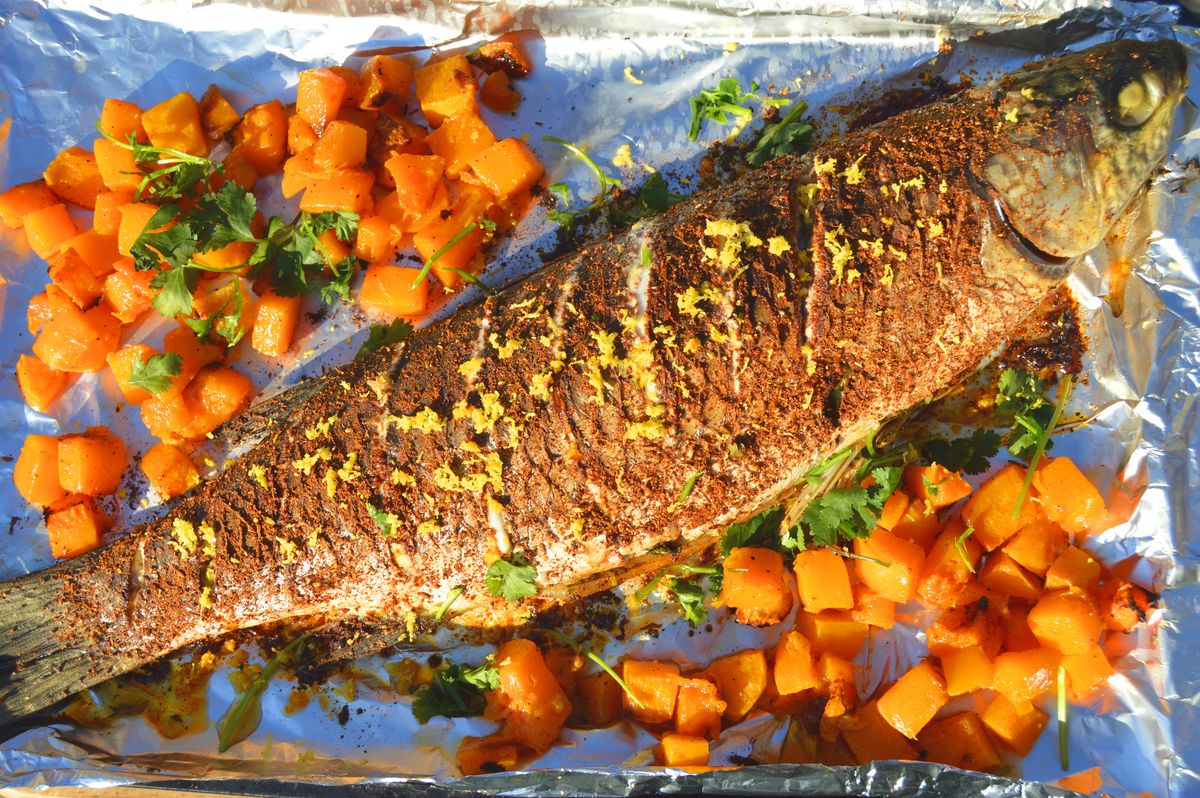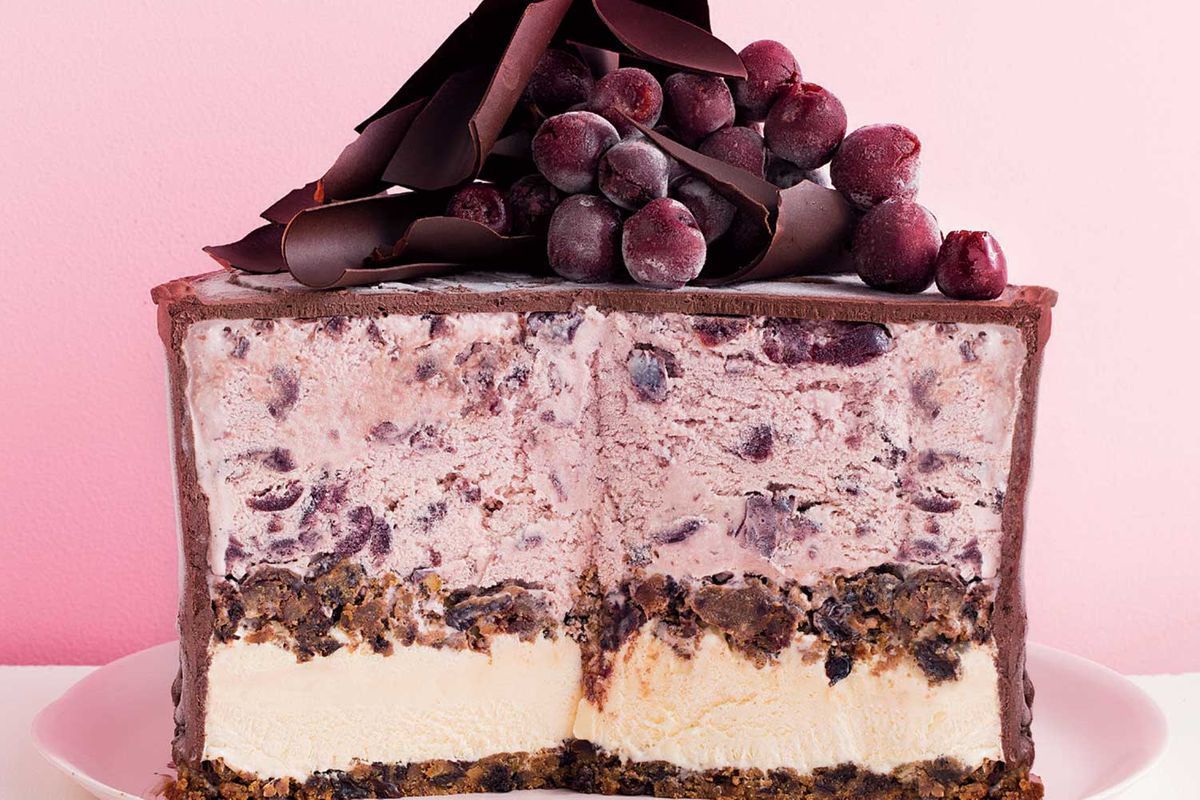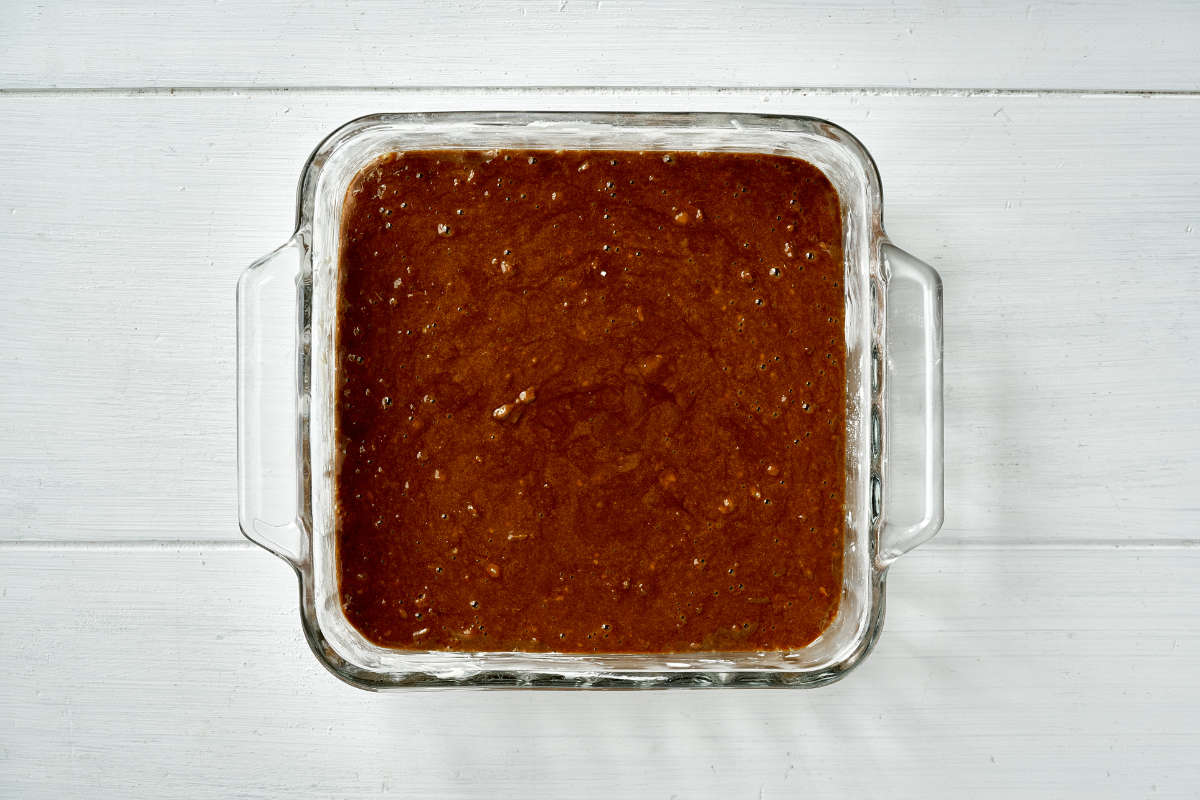How to Bake Perfectly with Glass Pans
Baking with glass pans can be a great way to achieve delicious and evenly cooked treats. Whether you’re making brownies, cakes, or casseroles, glass pans can be a versatile and reliable option. However, there are a few tips and tricks to keep in mind to ensure your baked goods turn out perfectly every time.
Choose the Right Type of Glass Pan
When it comes to baking with glass pans, not all pans are created equal. It’s important to choose the right type of glass pan for the specific recipe you’re making. Here are some common types of glass pans:
- Glass Baking Dish: This is a versatile option for baking a wide range of dishes, from casseroles to desserts.
- Glass Pie Plate: Ideal for baking pies and quiches, a glass pie plate allows for even browning and a crispy crust.
- Glass Loaf Pan: Perfect for baking bread and loaf cakes, a glass loaf pan provides even heat distribution for a well-baked result.
Prep Your Glass Pan Properly
Before you start baking, it’s important to prep your glass pan to ensure easy release and even cooking. Here’s how to prep your glass pan:
- Grease the Pan: Use butter or cooking spray to grease the inside of the glass pan to prevent sticking.
- Flour the Pan: For cakes and bread, dust the greased pan with flour to create a non-stick surface.
- Adjust Baking Time: Keep in mind that glass pans may require slight adjustments to baking time and temperature compared to metal pans. It’s a good idea to check your baked goods a few minutes earlier than the recipe suggests to avoid over-browning.
Avoid Sudden Temperature Changes
One of the key benefits of glass pans is their ability to conduct heat evenly. However, they are also sensitive to sudden temperature changes. To prevent your glass pan from cracking, avoid exposing it to extreme temperature changes. For example, don’t place a hot glass pan directly on a cold surface, and avoid transferring it from the oven to a cold countertop.
Cleaning and Care
Proper cleaning and care of your glass pans can help prolong their lifespan and ensure consistent baking results. Here are some tips for cleaning and caring for your glass pans:
- Hand Wash: While some glass pans are dishwasher safe, hand washing is generally recommended to prevent scratches and prolong the life of the pan.
- Avoid Thermal Shock: To prevent thermal shock, allow your glass pan to cool to room temperature before immersing it in water for cleaning.
- Store Carefully: When storing your glass pans, avoid stacking heavy items on top of them to prevent breakage.
By following these tips, you can bake with confidence using glass pans and achieve delicious results every time. Whether you’re a seasoned baker or just starting out, mastering the art of baking with glass pans can open up a world of culinary possibilities.
Was this page helpful?
Read Next: How To Bake Frozen Pie Crust
